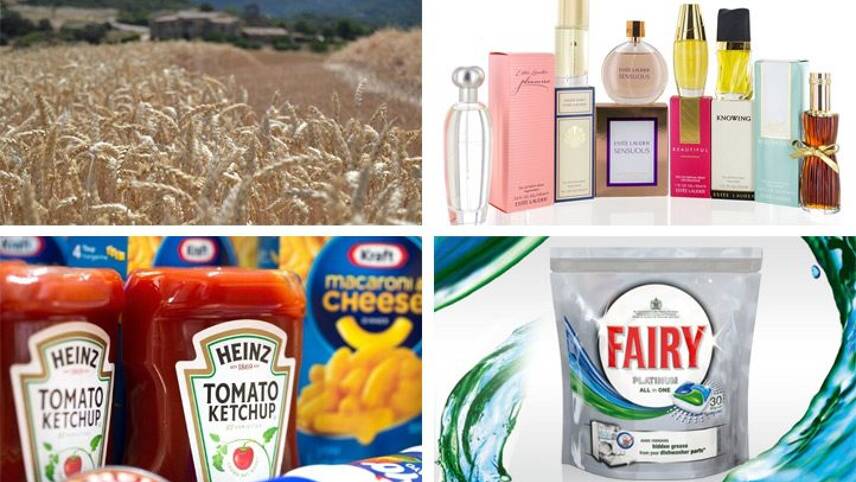Register for free and continue reading
Join our growing army of changemakers and get unlimited access to our premium content

CDP has claimed that companies like Estee Lauder
CDP’s new ‘fast-moving consumers’ report, which ranks 16 of the world’s largest consumer goods companies on their readiness for the transition to a low-carbon economy, reveals that 60% have begun investing in biodegradable plastic alternatives and recycling infrastructure, with Danone leading the charge.
The report attributes this trend to a “tide of consumer activism” on plastic packaging, which has resulted in the consumer goods sector facing increased pressure to develop circular or zero-waste offers, while noting that the demand for plant-based products is now following a comparable trajectory.
Six of the seven household and personal care companies listed in the report, including L’Oreal and Unilever, were found to have started prioritising more plant-based formulas by phasing out petrochemicals in favour of biodegradable ingredients.
Similarly, CDP found that five of the seven food and drinks firms which originally offered meat or dairy products, including Nestle and PepsiCo, are now “actively innovating” to launch more vegan alternatives as consumer demands shift.
Amid this wave of action on plastics and plant-based products, however, CDP concluded that most consumer goods firms are failing to deliver low-carbon innovations which could reduce emissions in their respective value chains.
The report notes that six of the top-10 brands for revenue generation in the sector had failed to implement any low-carbon technologies in their supply chains within the past decade, despite that fact that 90% of the fast-moving consumer goods (FMCG) sector’s overall emissions are accounted for by Scope 3 (indirect) sources.
Given that most FMCG brands generate more than half of their revenues from such brands, prioritising any one sustainability issue over another places them at risk of losing consumer trust, according to CDP’s head of investor research Carole Ferguson.
“Ongoing activism around plastics and packaging is just the tip of the iceberg, and we expect to see more environmental issues come to the fore as consumers start to question what goes into the products they buy, use and dispose of,” Ferguson explained.
Ferguson’s insight comes at a time when more than one-third (36%) of European shoppers are estimated to be boycotting certain brands over packaging sustainability concerns, and the number of people identifying as vegan in the UK has increased by 350% within a decade.
Risks beyond reputation
The report warns that reputational risks are only set to grow for consumer-facing sectors like food and drink and personal care, as investors and young consumers alike demand greater transparency and begin to move their money towards firms viewed as sustainability leaders.
In parallel to this pressure, CDP is warning that the consumer goods sector is likely to become increasingly exposed to climate-related risks such as heatwaves and water stress in the coming months and years – particularly if they rely on a variety of raw materials.
The report notes that food and drinks firms are currently at greater risk of supply chain disruption and price volatility than household and personal care companies, listing Kraft Heinz as the company least prepared for climate challenges. It attributes this ranking to the firm’s diversified food portfolio, coupled with a lack of action to take advantage of the opportunities posed by the low-carbon transition.
Danone, Nestle and AB InBev, meanwhile, are named as the food and beverage firms which are best-prepared for climate challenges, having set up “robust” mitigation and adaptation measures.
As for the household and personal care sector, CDP highlights the fact that brands in this space are more exposed to physical risks in the consumption phase, such as water shortages. It lists Unilever and L’Oreal as the corporates most ready for these challenges, and Procter and Gamble (P&G) and Estee Lauder as the least prepared.
“Leading companies are taking action across their entire value chain and redefining the role of business in society – by engaging with suppliers, innovating their product lines and even working with consumers to drive behaviour change,” CDP’s Ferguson said.
“This level of action is impressive but necessary to address fundamental risks – and these efforts need to be replicated by others in the sector, if they are to justify their role in a society that can no longer be based on fast-paced, rising consumption and linear business models.”
Sarah George


Please login or Register to leave a comment.